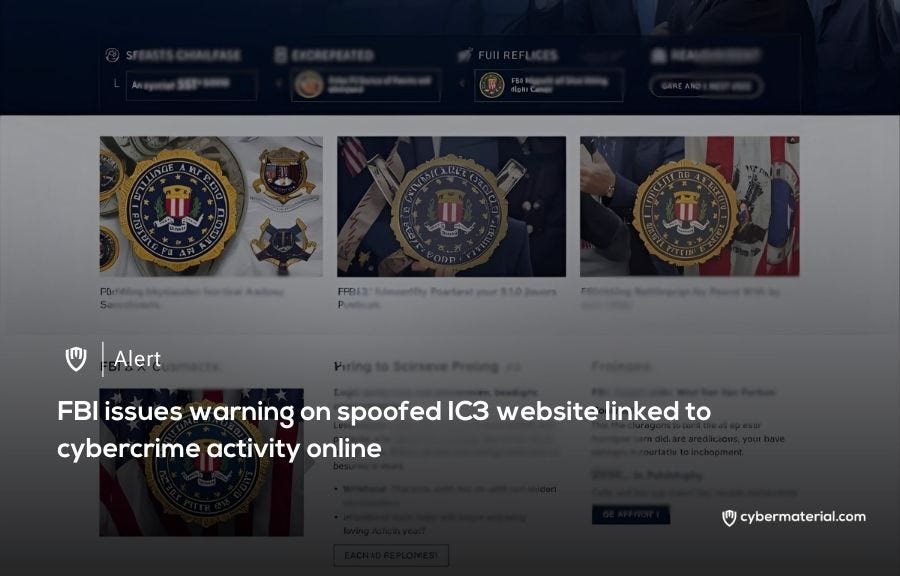
The FBI is warning the public about malicious actors who are creating fake websites that mimic the official Internet Crime Complaint Center (IC3). The IC3, which launched in 2000, serves as a central…

The FBI is warning the public about malicious actors who are creating fake websites that mimic the official Internet Crime Complaint Center (IC3). The IC3, which launched in 2000, serves as a central…